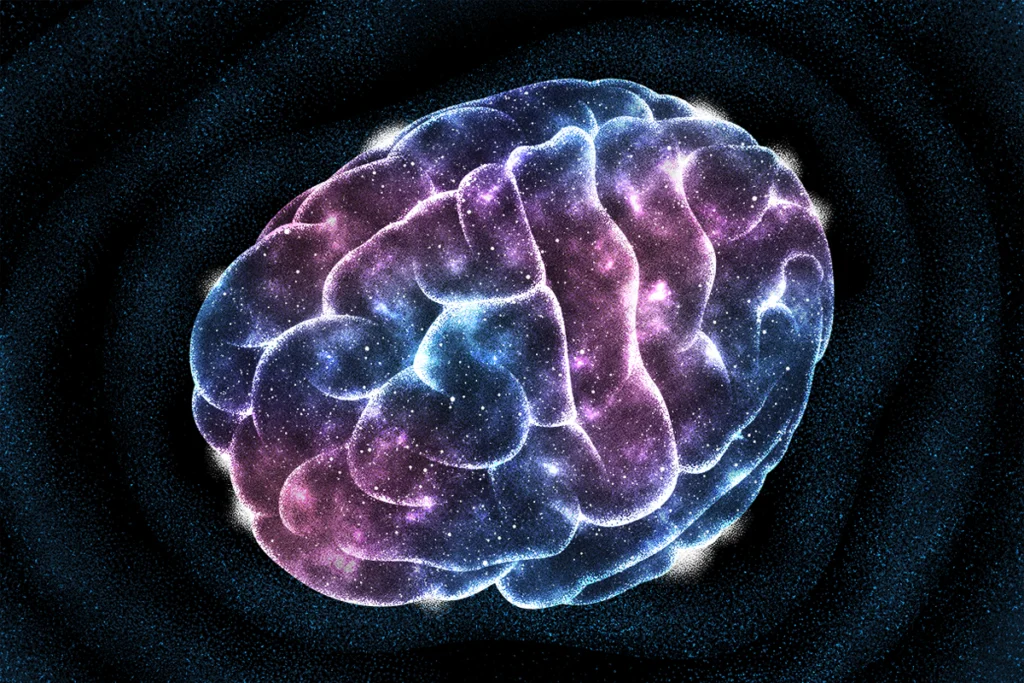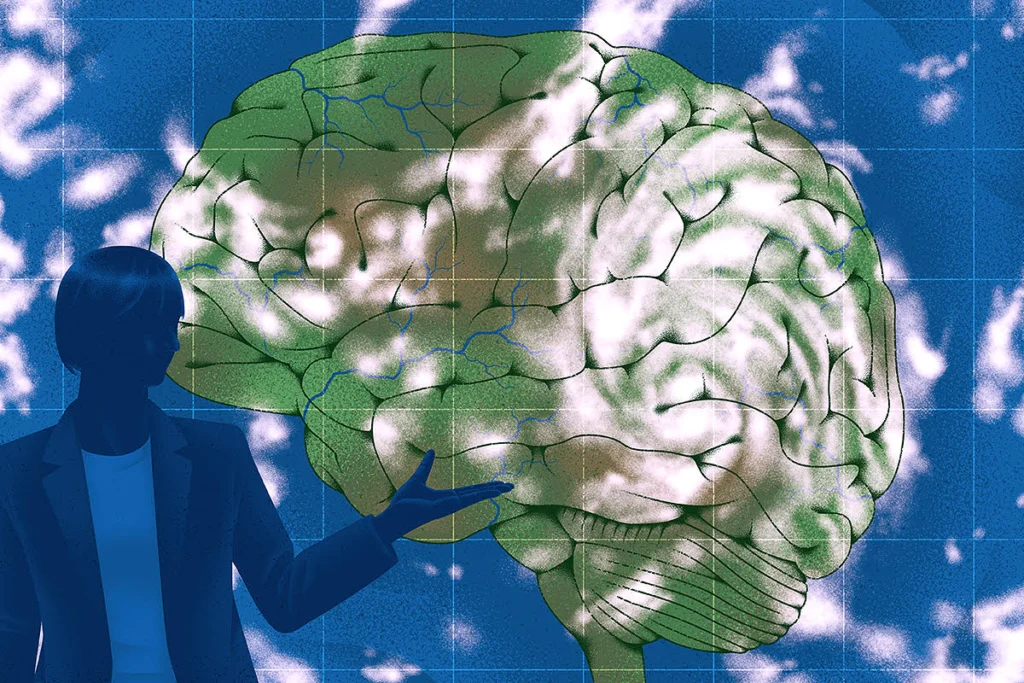The big picture
Debates and conversations about important topics in neuroscience
What, if anything, makes mood fundamentally different from memory?
To better understand mood disorders—and to develop more effective treatments—should we target the brain, the mind, the environment or all three?

What, if anything, makes mood fundamentally different from memory?
To better understand mood disorders—and to develop more effective treatments—should we target the brain, the mind, the environment or all three?
Is the brain uncontrollable, like the weather?
The brain may be chaotic. Does that mean our efforts to control it are doomed?

Is the brain uncontrollable, like the weather?
The brain may be chaotic. Does that mean our efforts to control it are doomed?
Explore more from The Transmitter
New connectomes fly beyond the brain
Researchers are mapping the neurons in Drosophila’s ventral nerve cord, where the central nervous system meets the rest of the body.

New connectomes fly beyond the brain
Researchers are mapping the neurons in Drosophila’s ventral nerve cord, where the central nervous system meets the rest of the body.
Building an autism research registry: Q&A with Tony Charman
A purpose-built database of participants who have shared genomic and behavioral data could give clinical trials a boost, Charman says.

Building an autism research registry: Q&A with Tony Charman
A purpose-built database of participants who have shared genomic and behavioral data could give clinical trials a boost, Charman says.
Cerebellar circuit may convert expected pain relief into real thing
The newly identified circuit taps into the brain’s opioid system to provide a top-down form of pain relief.

Cerebellar circuit may convert expected pain relief into real thing
The newly identified circuit taps into the brain’s opioid system to provide a top-down form of pain relief.